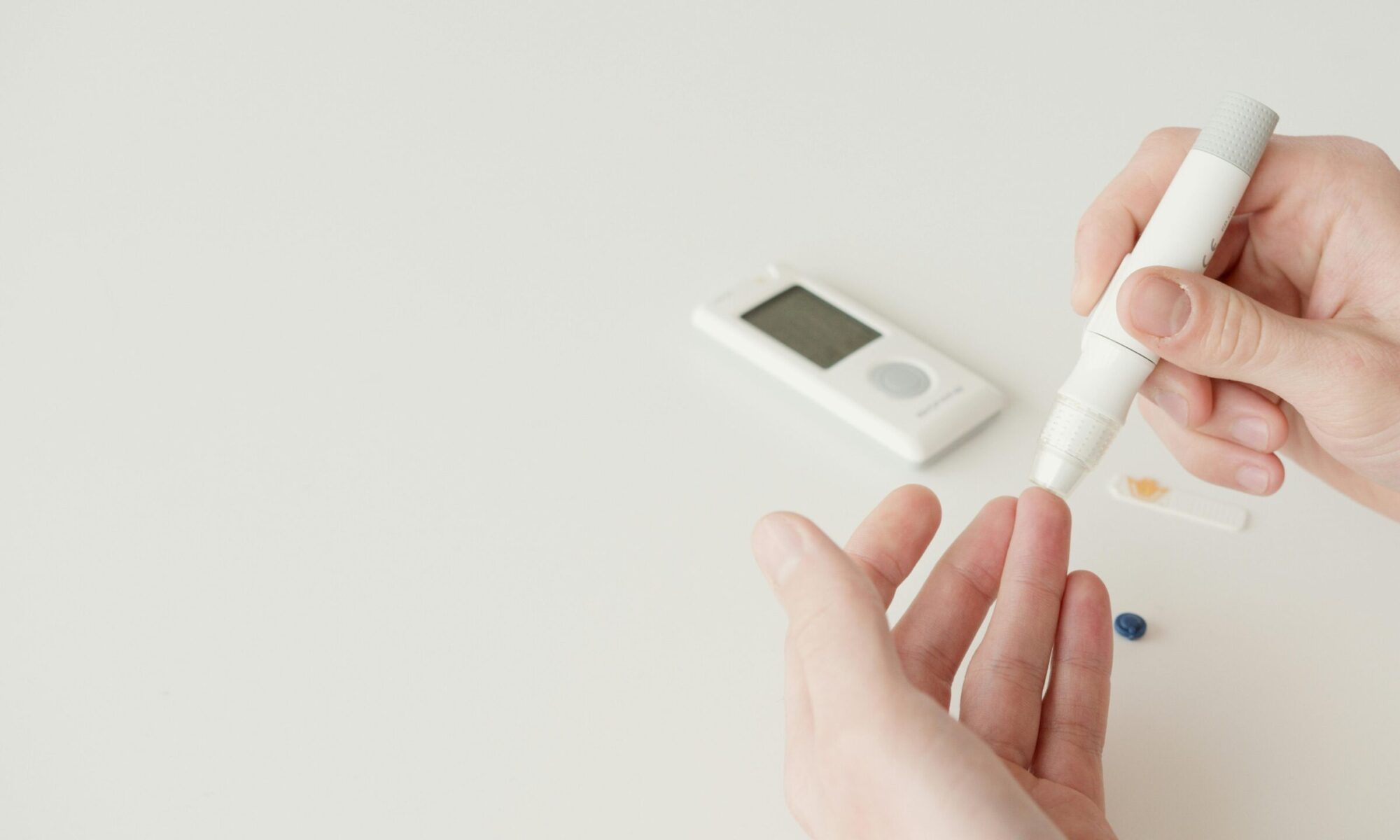Significant progress has been made in treating Type 1 Diabetes (T1D) and Type 2 Diabetes (T2D) with new medications, technologies, and potential cures in development. Here’s an overview of the latest treatments available and those under development, including expected timelines for those not yet on the market.
Current Market Innovations in Blood Sugar Control
Advanced Medications for T2D (Available)
Combination therapies have been game-changers for T2D. Medications like Ozempic and Trulicity (GLP-1 receptor agonists) improve insulin sensitivity and assist with weight loss, making them popular for T2D management. The new dual and triple-action therapies combine GLP-1, GIP, and glucagon receptor agonists, effectively controlling glucose and reducing appetite.
SGLT2 Inhibitors for T1D (Available in Some Regions)
SGLT2 inhibitors like Jardiance and Farxiga help reduce blood sugar by promoting glucose excretion through urine. Although approved primarily for T2D, they are being used selectively in T1D, especially in Europe. These medications reduce variability in blood glucose but require close monitoring to avoid the risk of ketoacidosis.
Artificial Pancreas and Closed-Loop Systems
Artificial Pancreas Systems (Available)
The Medtronic MiniMed 780G and Tandem Control-IQ are leading artificial pancreas systems in the market today. These closed-loop systems, available for T1D patients, use real-time glucose monitoring data from CGMs to automatically adjust insulin doses with minimal user intervention.
Dual Hormone Systems (In Development)
Emerging dual hormone systems that combine insulin and glucagon are under development. These systems aim to offer better glucose stability, particularly for patients prone to hypoglycemia. Researchers anticipate these systems will be available by 2026–2028, pending further clinical trials and regulatory approvals.
Cell and Gene Therapy for T1D
Beta Cell Replacement Therapy (In Development)
Vertex Pharmaceuticals is leading beta cell replacement research with its VX-880 program, showing promising results in restoring insulin production. VX-880 is currently in early-phase clinical trials, with hopes for broader availability within the next 5–7 years.
Gene Editing Technology (In Early Development)
Using CRISPR and similar gene-editing technologies, researchers are exploring ways to prevent the autoimmune attack on beta cells that causes T1D. CRISPR Therapeutics is progressing with gene editing trials, though it may take another 8–10 years for these therapies to become widely available.
Advanced Insulin Options
Ultra-Rapid-Acting Insulins (Available)
New formulations like Fiasp and Lyumjev offer ultra-rapid insulin action, improving glucose control during meals. These are available and widely used for both T1D and T2D, providing a faster response to post-meal blood sugar rises.
Weekly Insulin Injections (In Development)
Weekly basal insulin injections are currently in clinical trials, promising to reduce the frequency of injections for T2D patients. If approved, these could reach the market by 2025, making insulin therapy more convenient for patients with less frequent dosing requirements.
Innovations in Glucose Monitoring
CGM Systems (Available)
CGM systems like Dexcom G6, Freestyle Libre, and Medtronic Guardian have revolutionized glucose monitoring, providing real-time data with minimal invasiveness. Many now integrate with smartphone apps, making it easier for patients to track trends and share data with healthcare providers.
Non-Invasive Glucose Monitors (In Development)
Non-invasive CGMs, such as SugarBEAT and K’Watch Glucose, are being developed to measure glucose through the skin, eliminating the need for finger pricks or sensor insertions. These devices are anticipated to hit the market in 2024–2026, pending final regulatory approvals and additional trials.
Personalized Diabetes Management with Digital Health Tools
Smartphone Apps and Remote Monitoring (Available)
Apps like mySugr and Tidepool help people manage diabetes by tracking glucose, nutrition, and physical activity. Remote monitoring options allow healthcare providers to review data and adjust treatment plans between office visits.
AI-Powered Diabetes Management (In Development)
Artificial intelligence (AI) algorithms are being developed to predict glucose trends and optimize insulin dosing. Some apps are already piloting these algorithms with promising results, though widespread availability of AI-driven management is expected within the next 2–4 years as the technology becomes refined and regulatory processes are completed.
Future Prospects in Diabetes Treatment
Oral Insulin (In Development)
Oral insulin, which could eliminate the need for injections, is advancing in clinical trials. Despite challenges in formulation, some companies have made strides, and oral insulin could become available within 5–10 years if trials confirm efficacy and safety.
Immunotherapy for T1D (In Development)
Immunotherapy aims to retrain the immune system to stop attacking insulin-producing beta cells. Although in early trials, some treatments are showing potential to slow or halt T1D progression. These therapies are still 5–10 years away from being broadly available, pending further research and clinical validation.
Transforming Diabetes Treatment with New Therapies and Technologies
From innovative CGMs to artificial pancreas systems and potential gene therapies, diabetes treatment is advancing rapidly. Available tools today are improving quality of life and simplifying diabetes management, while emerging therapies promise even more transformative options in the near future. By staying informed about these developments, patients and healthcare providers can look forward to more effective and accessible diabetes management options in the coming years.
Disclaimer:
The content on this website/article is community-driven and contributed by non-medical professionals. The observations and views expressed reflect the experiences and opinions of the non-medical community. You are strictly advised to seek the advice or opinion of a qualified medical professional before considering or acting on any information, opinions, or views presented on this website.
View Count: 0 Views

